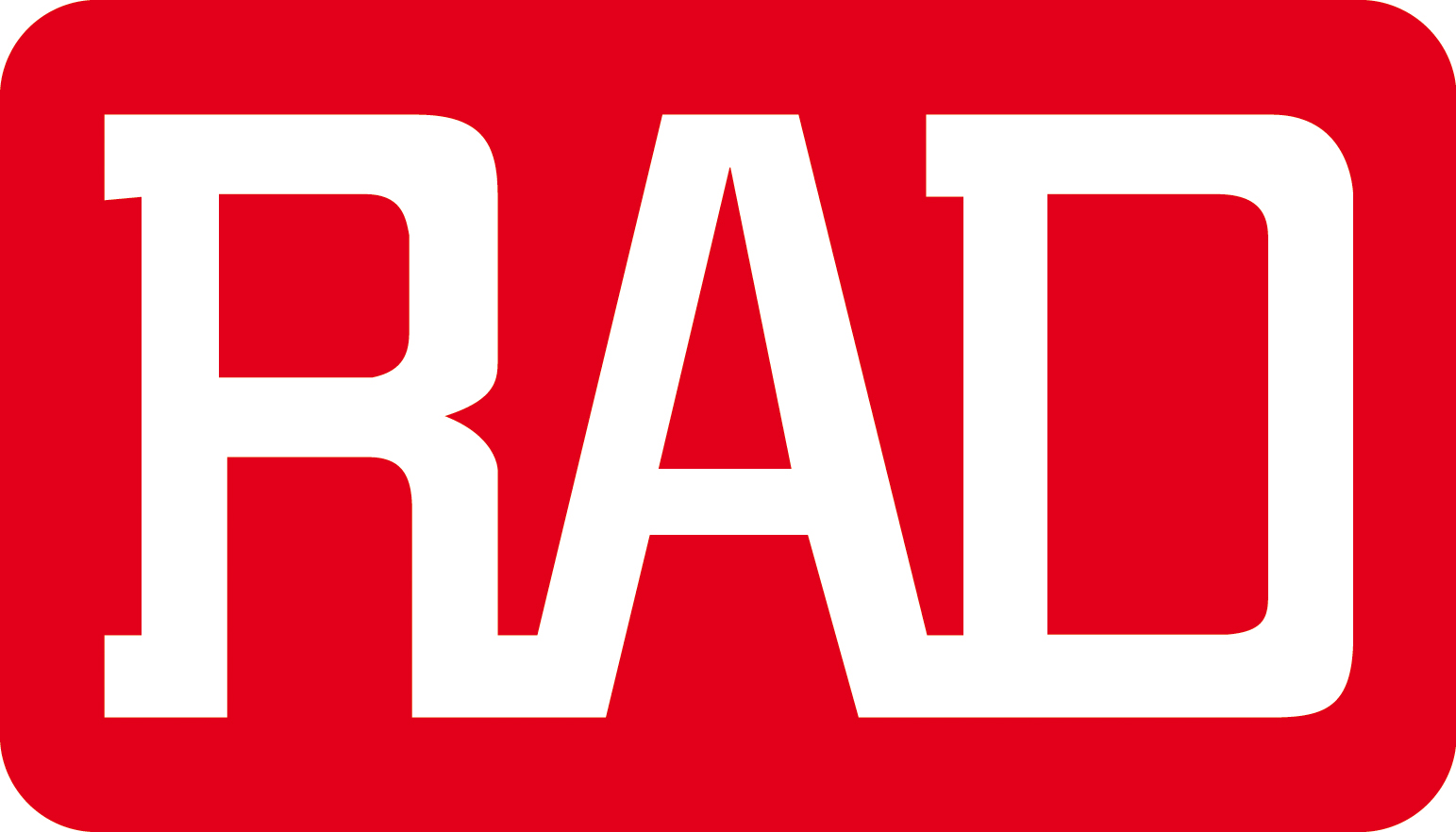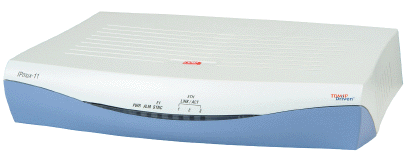




RAD IPmux-11
IPmux-11
IPmux-11 from RAD is a TDMoIP gateway optimized for small and medium-sized enterprise sites. The RAD IPmux-11 offers Ethernet-based access, as well as extension of TDM-based legacy services over packet switched networks.
IPmux-11 ETHERNET CAPABILITIES
IPmux-11’s internal Layer-2 Ethernet switch supports three Ethernet ports. One port serves as a network interface and the other two serve for user Ethernet traffic. On the RAD IPmux-11 Each Ethernet port supports:
Configurable port-based rate limiting for bandwidth control
Configurable port-based VLAN membership for ingress traffic restriction
Configurable port-based VLAN tagging; a VLAN tag is added resulting in a double tagging (VLAN stacking) when an already tagged frame is switched.
The RAD IPmux-11 supports standard IP features, such as ICMP (ping), ARP, next hop and default gateway.
Some of the key RAD IPmux-11 Features:
TDMoIP CPE (Customer Premises Equipment) for the small and medium-sized enterprise sites, offering TDM leased line extension over a packet switched network and controlled Ethernet access
TDMoIP technology, implementing the emerging IETF, MPLS/FR Alliance, ITU-T and MEF standards for Pseudo-Wire Emulation Edge-to-Edge (PWE3): E1/T1 communication over IP and Ethernet networks
Support for both framed (full or fractional) and unframed E1/T1
Minimal processing delay
Configurable jitter buffer to compensate for network packet delay variation
Dedicated external clock port
QoS support by labeling
IP level priority Type of Service (ToS) and VLAN tagging/priority labeling according to IEEE 802.1p&Q
Compact, 1U high enclosure
IPmux-11 - three Ethernet ports, two for user side and one for network access
The user Ethernet ports of the RAD
IPmux-11 offer:
Transparent Ethernet bridging
User data bandwidth and access control through rate limiting and VLAN filtering
VLAN classification through double VLAN tagging (stacking)
Management via ASCII terminal, Telnet host, Web terminal or SNMP-based network management station
Provisioning and monitoring of TDMoIP services using the RADview Service Center for TDMoIP applications
TDMoIP performance of the RAD IPmux-11
IPmux-11 provides a legacy over Ethernet/IP solution supporting transmission of E1/T1 streams over IP and Ethernet-based networks. The RAD IPmux-11 converts the data stream from its user E1/T1 port into packets for transmission over the network. The addressing scheme of these packets is IP or MPLS. These packets are transmitted via the IPmux-11 Ethernet link port to the network. A remote IPmux-11 converts the packets back to TDM traffic.
In the RAD IPmux-11 high-performance buffering and forwarding techniques are used to achieve end-to-end processing delay as low as 3 msec.
With the RAD IPmux-11 packet size is configurable. A greater packet length results in greater processing delay, yet smaller bandwidth overhead is achieved.
An enhanced buffering mechanism compensates for packet delay variation (jitter) of up to 300 msec in the network.
Assigned, IANA-registered UDP socket number for TDMoIP simplifies flow classification through switches and routers.
TDMoIP QoS SUPPORT using the RAD IPmux-11
The RAD IPmux-11 supports VLAN tagging and priority labeling according to 802.1p&Q. TDMoIP frames are assigned (tagged) a dedicated VLAN ID.
The ToS or Diffserv of the outgoing TDMoIP frames are user-configurable. This allows the TDMoIP packets to be given a higher priority by the network switches and routers. TDMoIP TIMING
Synchronization between IPmux-11 TDM devices is maintained, by deploying advanced clock distribution mechanisms. The clocking options are:
1. Internal – the master clock source for the TDM circuit is provided by the IPmux-11 internal clock oscillator
2. Loopback – the transmit clock is derived from the E1/T1 port’s receive clock
3. Adaptive – the clock is recovered from the Ethernet network interface
4. External – an external clock source to synchronize the device via its station clock port. RAD IPmux-11 Ethernet Interface
IPmux-11 supports the following Ethernet ports:
One network port (UTP or fiber optic)
Two user ports (both UTP or UTP and fiber optic).
The network and user ports of the RAD Ipmux-11 provide auto-negotiation, VLAN tagging and rate limiting.
IPmux-11 TDM INTERFACE
• One standard E1 or T1 port provides connectivity to any standard E1 or T1 device.
• E1 and T1 interfaces of the IPmux-11 support the following:
Integral LTU/CSU for long haul applications
E1 balanced and unbalanced or T1 options
G.703 unframed and G.704 framed modes
CAS and CRC-4 bit generation (E1)
D4/SF and ESF framing (T1).
T1 models:
IPMUX-11/T1/UTP/UTP
IPMUX-11/T1/MM13LC/UTP
IPMUX-11/T1/SM13LC/UTP
E1
models:
IPMUX-11/E1/UTP/UTP
IPMUX-11/E1CX/UTP/UTP
RAD IPmux-11 data sheet (pdf 993 k)